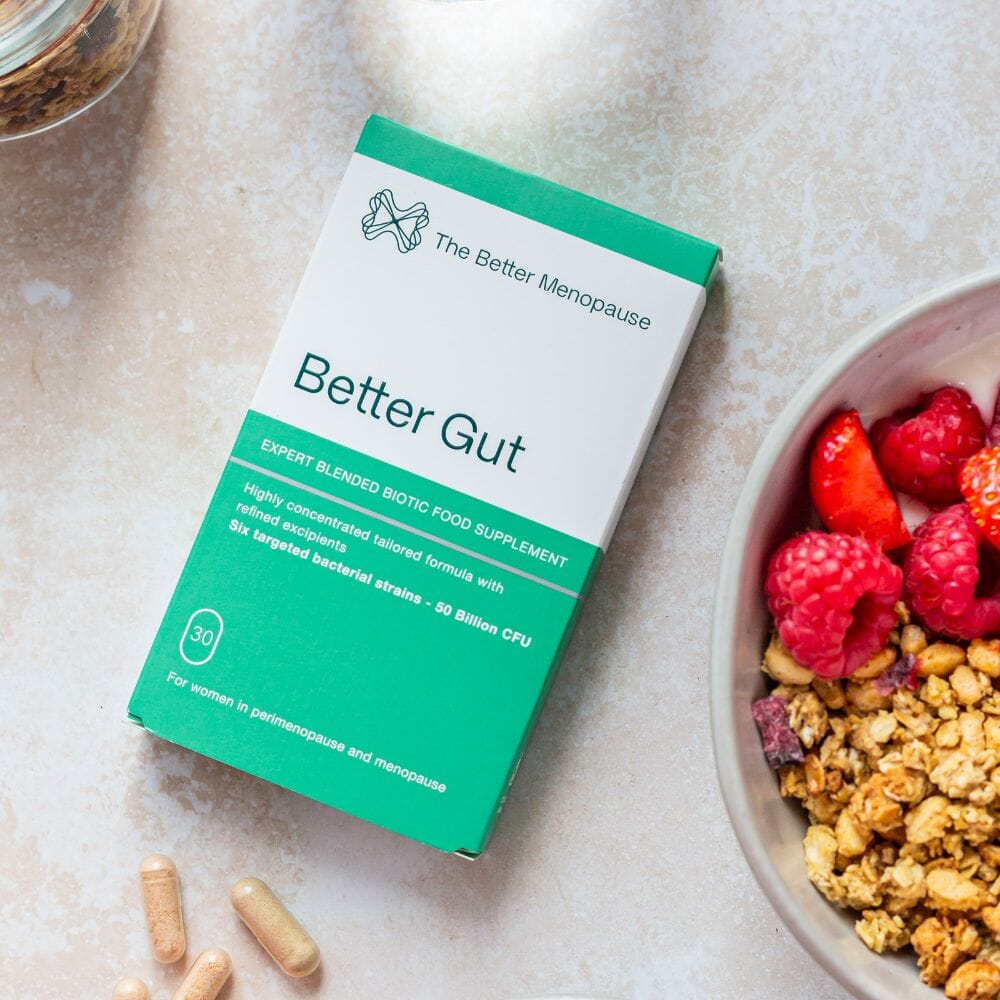
Nurturing Your Body's Natural Clock: A Guide to Supporting Circadian Rhythms Through Diet and Lifestyle in Menopause.
If you are struggling with disrupted sleep during perimenopause and menopause then you may want to think about how you can support your circadian rhythms better.
Our bodies are intricately connected to nature's rhythms, and one of the most fundamental of these is the circadian rhythm – the internal clock that regulates our sleep-wake cycle, hormone release, and various physiological processes. Modern lifestyles often disrupt these rhythms, leading to sleep disturbances, mood swings, and even long-term health issues. However, by aligning our diet and lifestyle with our circadian rhythms, we can foster overall wellbeing and vitality. In this post, we want to address the importance of circadian rhythms and explore ways to support them through mindful dietary and lifestyle choices.
What are Circadian Rhythms?
Circadian rhythms are biological patterns that follow a roughly 24-hour cycle, influenced by external cues such as light and temperature. These rhythms influence sleep, digestion, metabolism, hormone production, and even cognitive function. When our circadian rhythms are disrupted we may experience unwanted symptoms like low energy, insomnia, weight gain and mood swings.
How diet can support your Circadian Rhythms
- Time-Restricted Eating: Aligning your eating window with daylight hours can help synchronise your body's internal clock. Aim for a consistent eating schedule, with the majority of your food intake during daylight hours. This practice can enhance insulin sensitivity and your metabolism. Although it can be harder during the winter months to follow this eating plan, you can still restrict eating to a 12 hour window, which will bring you many health benefits.
- Balanced Macronutrients: Prioritise a balanced diet that includes whole grains, lean proteins, healthy fats, and plenty of fruits and vegetables. A balanced intake of macronutrients supports steady energy levels throughout the day.
- Breakfast as a Foundation: Begin your day with a nutrient-rich breakfast to kickstart your metabolism and provide sustained energy. Include complex carbohydrates, proteins, and healthy fats to keep you satiated. Pay particular attention to your protein intake, we need 1.2-2g of protein per kg of bodyweight spread across the day.
- Mindful Hydration: Stay hydrated during the day with 2 litres of water, and consider reducing fluid intake closer to bedtime to minimise nighttime disruptions. Try including herbal teas, coconut water or plain water flavoured with mint or rosemary.
- Optimise your magnesium intake: Magnesium is nature's relaxant. It helps our muscles and nervous system wind down. Many women will be deficient in magnesium and the need for this essential mineral can increase during menopause. Include foods rich in magnesium in your diet, such as almonds, spinach, dark chocolate, chia seeds, cacao nibs, avocado and bananas. We need around 400mg per day of magnesium.
Ways to support Circadian Rhythms through lifestyle
- Natural Light Exposure: Spend time outdoors during daylight hours to receive natural light exposure. Morning light helps regulate the sleep-wake cycle and boosts mood-enhancing neurotransmitters.
- Dim the Lights: As evening approaches, reduce exposure to bright artificial lights. This signals your body to start producing melatonin, a hormone that promotes sleep.
- Digital Detox Before Bed: Reduce exposure to screens, including phones, tablets, and computers, at least an hour before bedtime. The blue light emitted by screens can interfere with melatonin production.
- Regular Sleep Schedule: Aim for a consistent sleep schedule by going to bed and waking up at the same time every day, even on weekends. This strengthens your body's internal clock.
- Mindful Stress Management: To manage stress, which disrupts circadian rhythms, engage in relaxation techniques such as meditation, deep breathing, or practice gentle yoga.
Our bodies have evolved to thrive within the natural rhythms of day and night. By prioritising conscious dietary and lifestyle choices, we can synchronise our internal clocks and support our circadian rhythms. Remember, every small adjustment you make to your routine contributes to a healthier and more balanced life. Embrace these practices, and let the harmony of circadian rhythms enhance your overall wellbeing.


